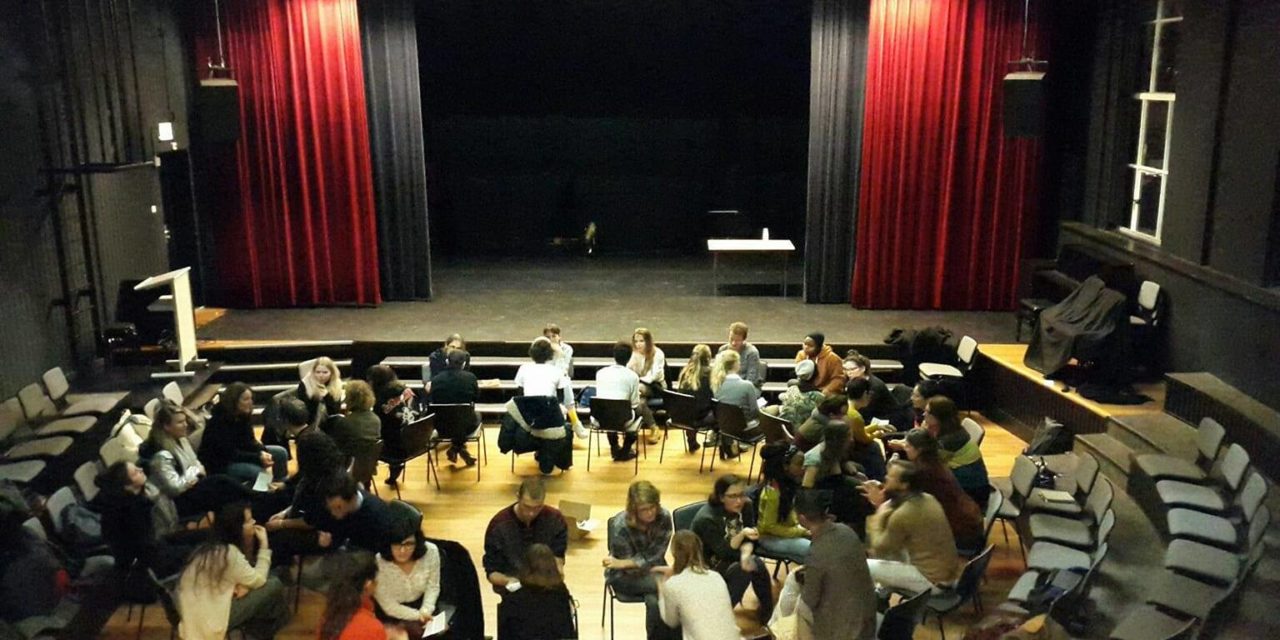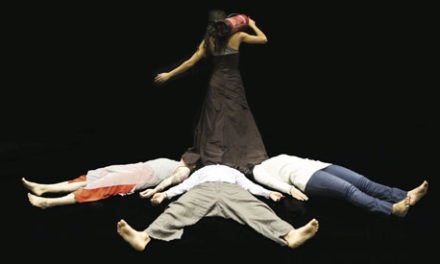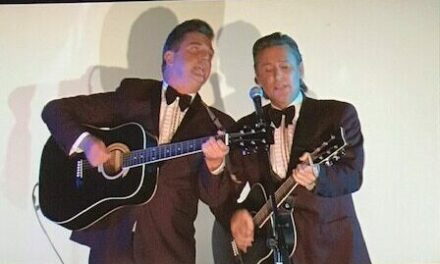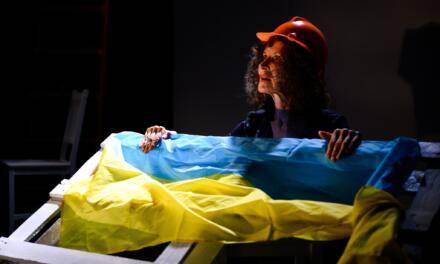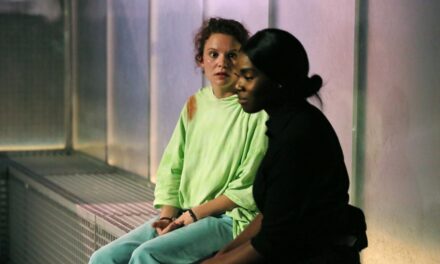The title above suggests something of a binary. Performance research and performance practice has been a key speaking point at the University of Amsterdam in the turn of a new initiative; ASAP. There is a suggestion of a gap between the exchange and collaboration of performance research and performance practice.
ASAP is a new initiative of both staff members and students from the Theatre Studies department at the UvA in order to create space for exchange within and around the department of Theatre Studies. This meeting, being the first of a series of several that are planned for the next year, combine working practices of both staff and students to ensure creative output continues healthily in both practise and academic theory under the UvA banner. Interestingly, where as, many of the students were built up from the MA department on International Dramaturgy; so you may envision where the conversation ended spiralling towards what is dramaturgy? What does it mean? Why do we practice? Why do we need it (and all of those questions of commoning)?
I’ve had many an occasion where I have identified the gap between performance practice and performance research. I’m not sure what “research” means on this occasion, given that all the work that I have been involved in has constituted research. If we bracket it in a theoretical or university context then it becomes clearer, but performance research is a wide umbrella. I think there’s a negative connotation that suggests that there is a gap between the practice and the research which–having matured my work–I don’t think exists. Matt Haig, one of my favourite authors, states; “simply thinking about a gap widens it…and you’ll fall through.”
On Monday, November 20th, around 40 individuals from the University Of Amsterdam and other institutes within the city met at the Universiteitstheater on the subject of exchange and collaboration between performance research and performance practice. The event, which cumulated in the debate, statements and discussions from both parties, challenged and entertained the notion that there is this existing “gap” between research and practice. Is the gap getting wider? Are the boundaries moving closer together? Indeed, to signify that a gap exists is to state that more should be implemented within the university to ensure that what is researched and what is practiced can be bridged, but to state that no such gap exists then allows a more fruitful way of negotiating the terms so that they may complement each other.
The term ASAP has already created a cloud of angst over these possibilities. “As soon as possible” is to determine that there is something that has be delivered as soon as possible when we just don’t know what urgency there is to have something here sooner rather than later. What is it that needs to arrive at this idea of exchange between the importance of collaboration or exchange of ideas between performance research and performance practices? I don’t see anything urgent. I agree that it is important, but what do we do with these statements now? Is the agenda to bridge the work between both institutes?
There are those who contest to tear things apart for the purpose of research is convoluted for those who can practice artistry, to begin with, but it’s those who practice the artistry who engage in performance research unwillingly through their practice, only to be seen by those who seemingly study the performance research. The difference between performance practice and performance research is blurred. If any emphasis needs to be made it’s that they are both one and the same thing.
There are those who contested also that they would not be able to practice their craft without the use of the research. A theoretical basis begins as an impulsive act of informing another practice. Mainly, students of directing have instructed themselves to allow their theoretical research to not conflict the way they view their performance practice. Already, there is a boundary at play that has divided the possibility of mergence.
To what end do you research something if not to put it to practice? To what end do you practice something if not for research purposes? Research is the continuous cycle to reaching a mode of performance practice that may be utilized so that practice may continue to issue a feedback loop that arrives back at the research. Theatre and performance are a science. We don’t know everything. It’s why we continue to research to practice and practice to research. If we knew everything then we would stop.
What do I “state” in this statement on the importance of a collaboration or exchange of ideas? There are those in the department who believe that much of what is studied on a theoretical level must be put into practice, but then those who wish to put their research into practice are then constrained by time limits in order to fully comprehend their research. There’s a double-bind at play here whereby (in sympathy to the university) much has been offered to students by way of practicing craft but is then not utilized due to fear of placing research before practice.
I propose we stop thinking about the exchange between performance practice and performance research and start thinking of them as being one and the same thing? To what ends can performance practice and performance research begin as informers for one another and not viewed as counteracting sideboards.
This post was written by the author in their personal capacity.The opinions expressed in this article are the author’s own and do not reflect the view of The Theatre Times, their staff or collaborators.
This post was written by Christopher Harris.
The views expressed here belong to the author and do not necessarily reflect our views and opinions.

